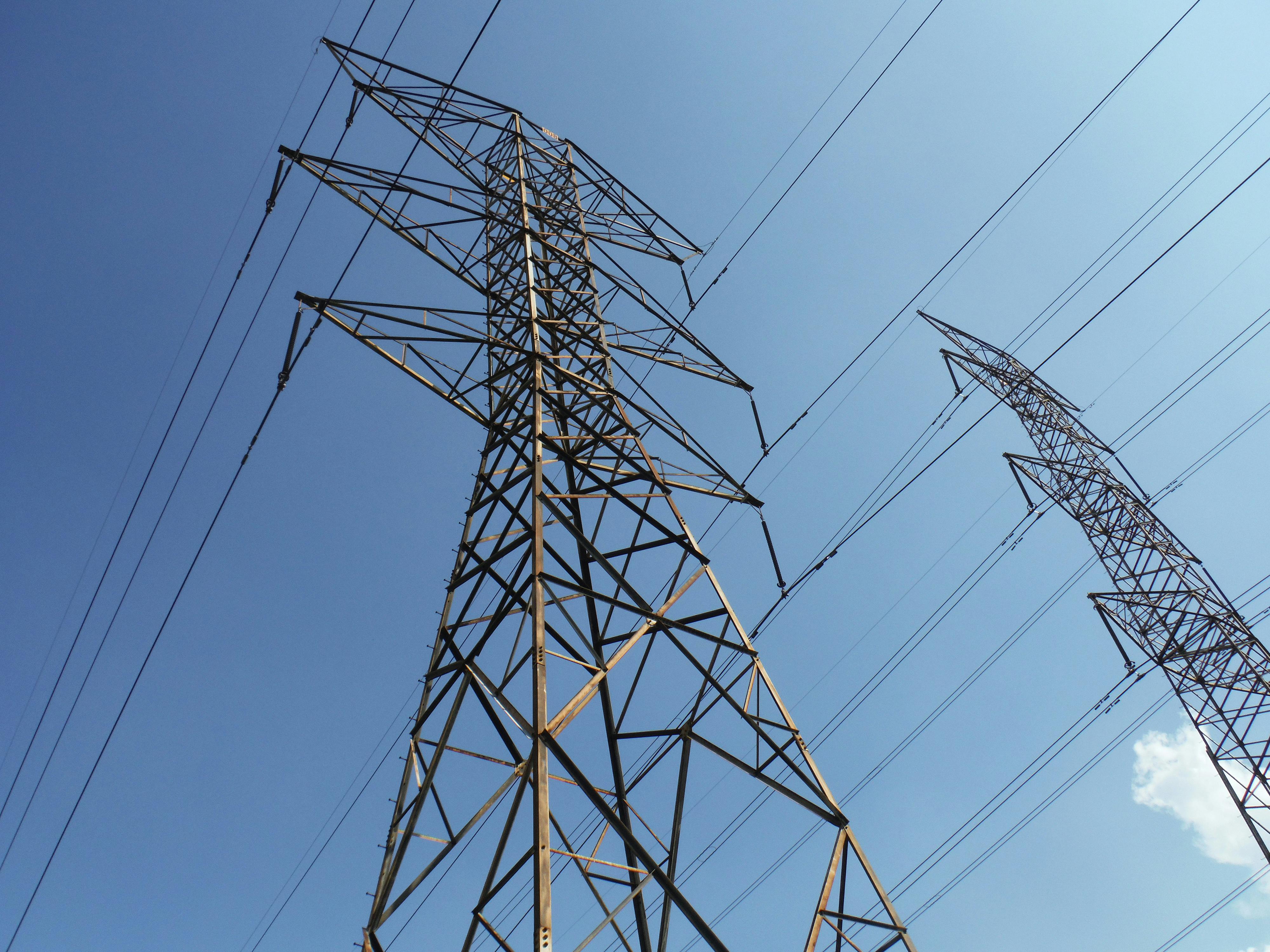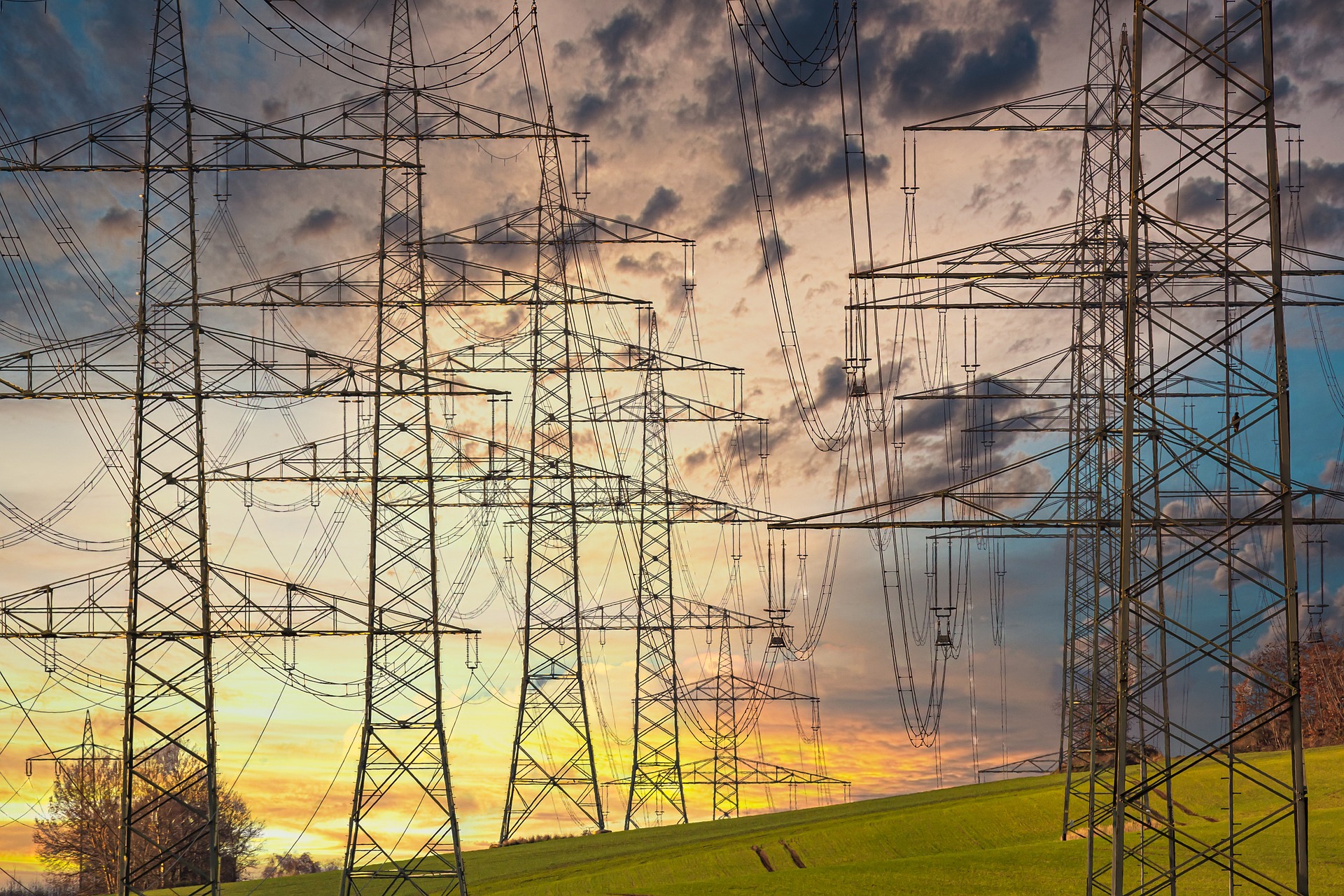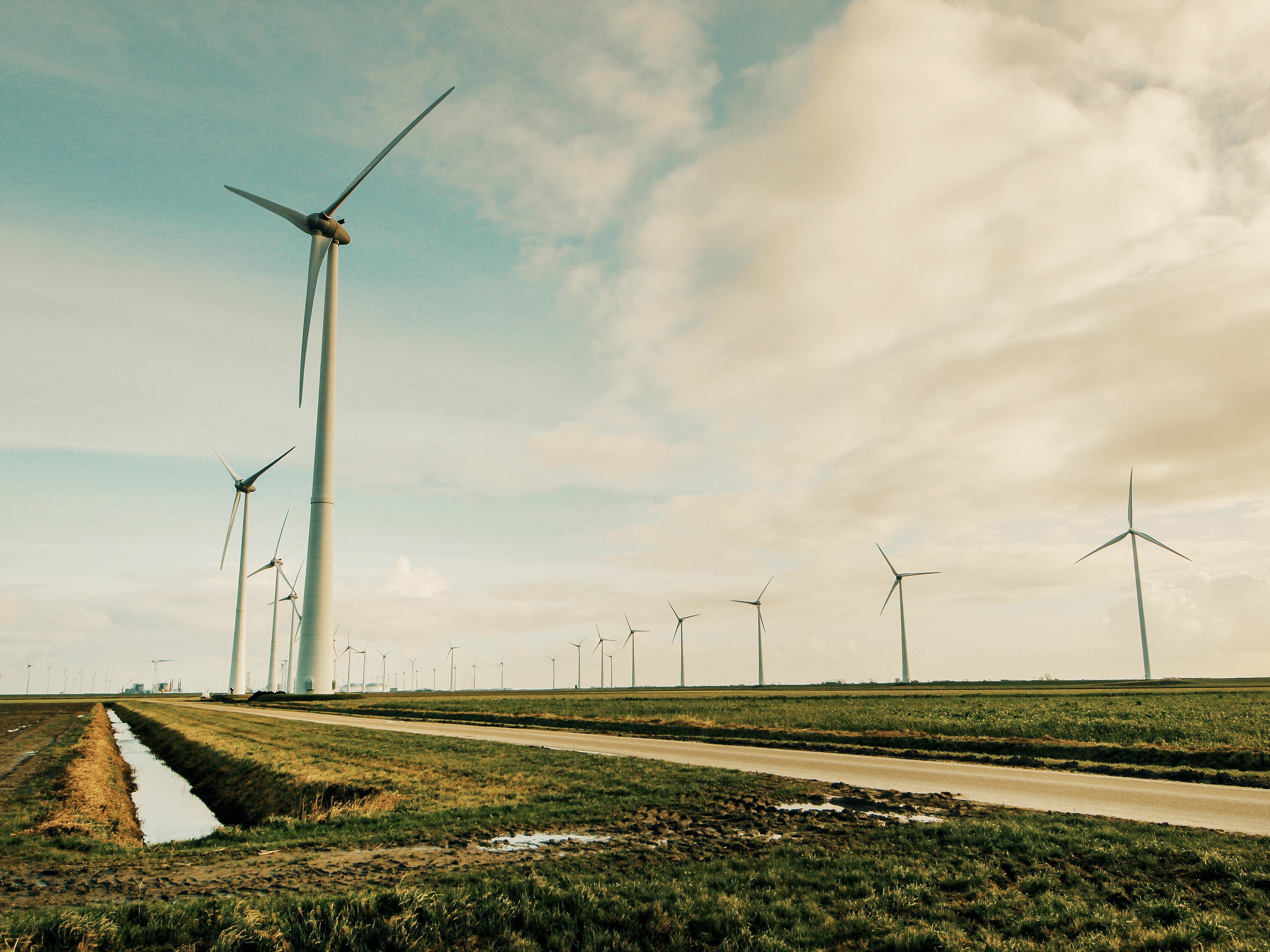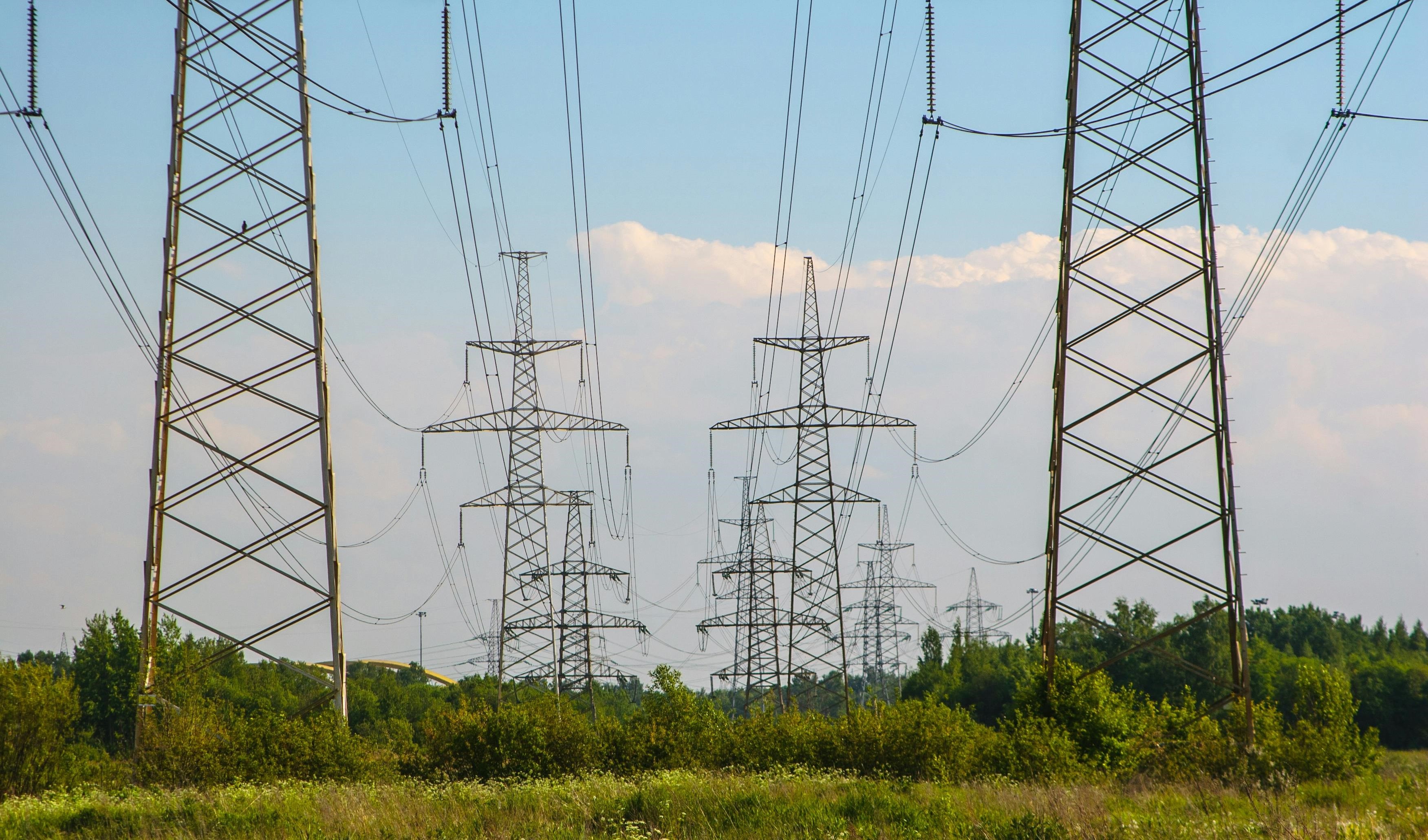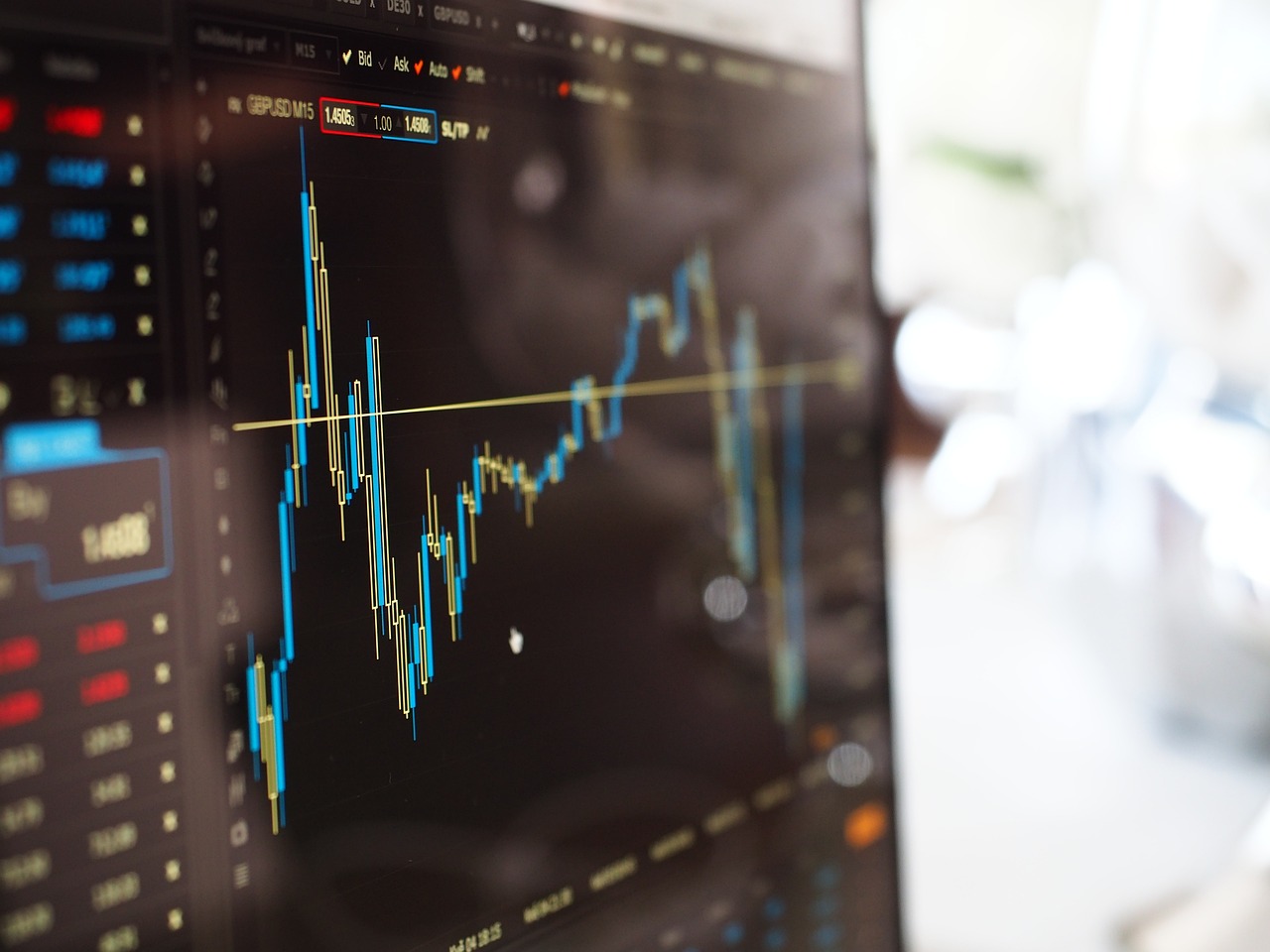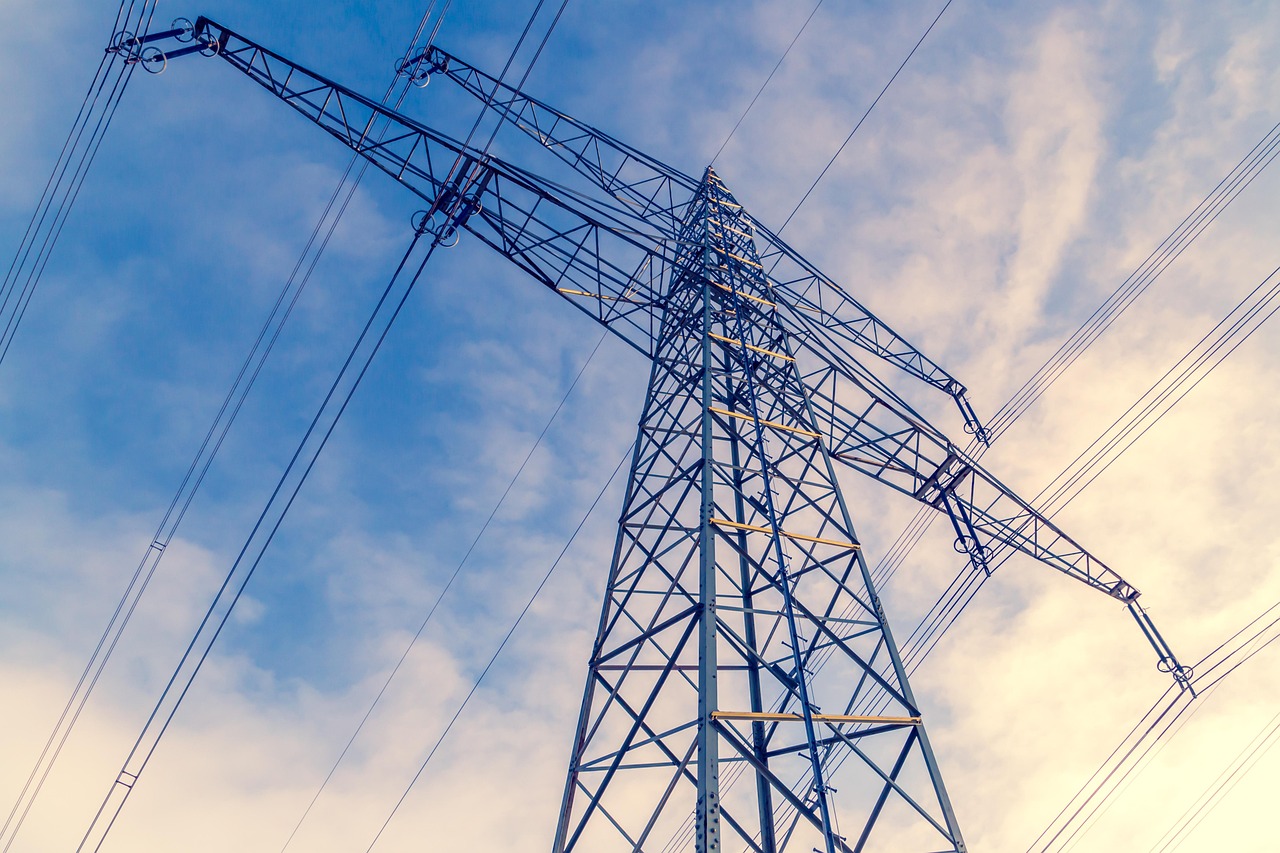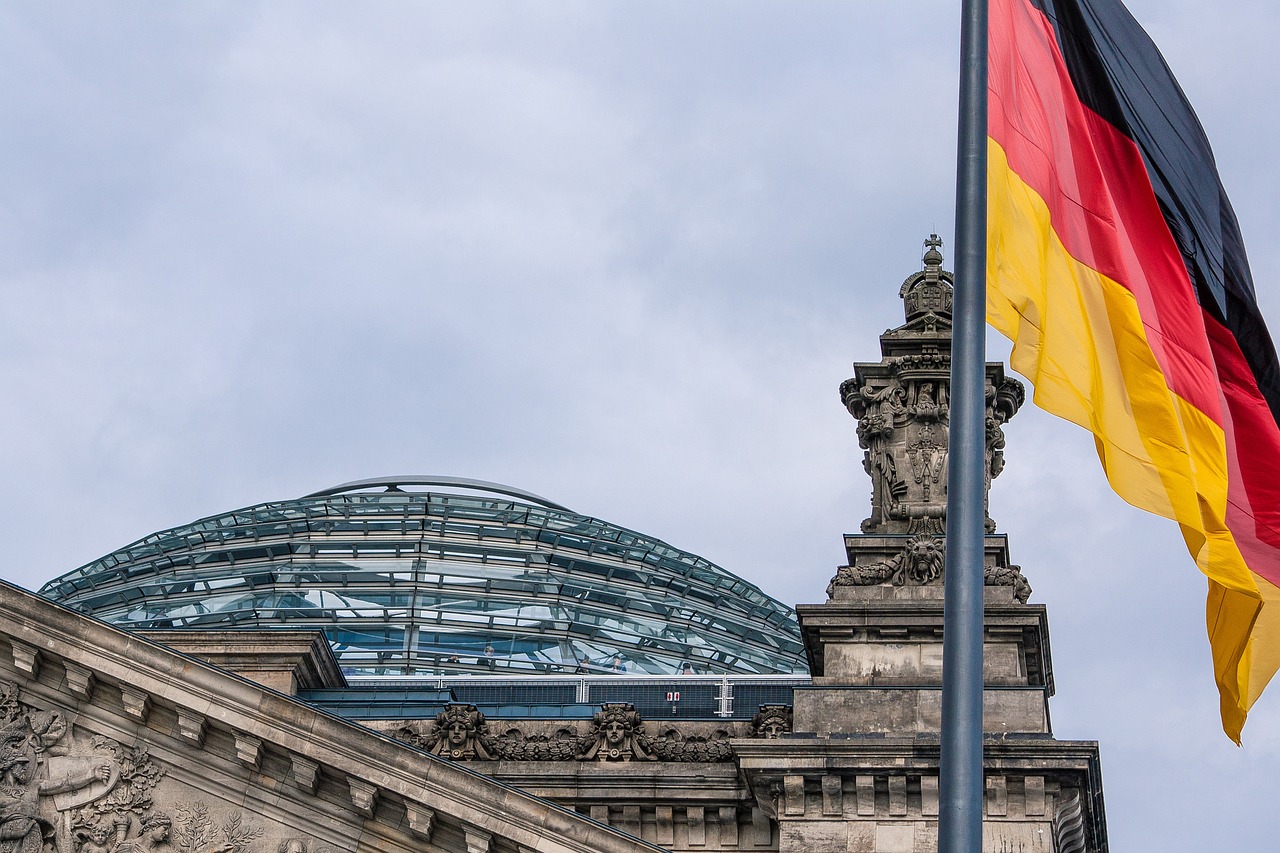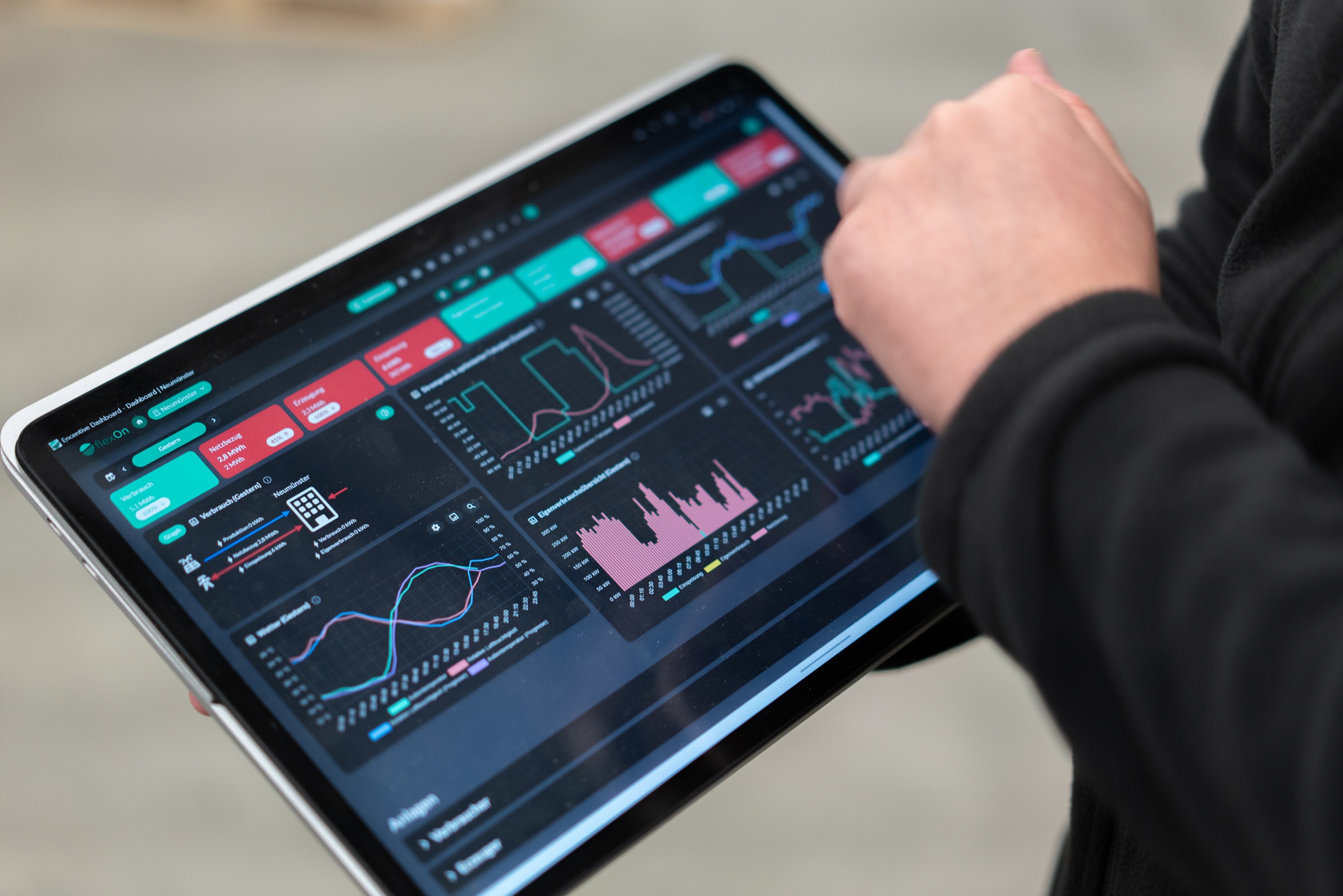Saving energy in companies made easy
Saving energy is becoming increasingly important for companies – not only for ecological reasons, but also for economic reasons. In this blog article, we will show you why it is worthwhile to reduce energy consumption, what measures you can take and how an energy management system can help.

Why saving energy is important for companies
Saving energy in companies is essential for a number of reasons. This was particularly evident due to the geopolitical crises, which drove industrial electricity prices in Germany to record levels in 2022 (Statista, 2024). They have shown that saving energy is becoming increasingly important for the competitiveness of companies. Energy consumption is one of the biggest cost factors, particularly in manufacturing companies. Companies that reduce their energy consumption can sustainably reduce their operating costs and thus increase their profit margins. This gives them a clear advantage over competitors who continue to bear high energy costs. In addition, energy-efficient companies are better prepared for price fluctuations caused by crises and are less affected by rising energy costs. They benefit from both financial stability and planning security.
Climate protection & legal requirements as key factors
Another important reason for saving energy in your company is climate protection. According to the German Environment Agency, each kilowatt hour of electricity consumed from the conventional energy mix (non-renewable) produces an average of 0.4 kg of CO₂. Companies that save energy actively reduce their carbon footprint and contribute to combating climate change. This is particularly relevant for consumers and business partners, who increasingly value environmentally responsible companies. By improving energy efficiency, businesses not only enhance their image but also position themselves as sustainable market players.
Legal requirements also play an important role. In many countries, companies are subject to regulations that mandate energy reduction. In Germany, for example, energy audits have been compulsory for large companies since 2015. These audits analyse a company’s energy use and identify savings potential. In addition, energy-intensive companies have been required to implement energy efficiency measures since October 2022 (IHK Düsseldorf). Therefore, companies that reduce their energy consumption not only save costs but also avoid potential penalties.
How companies can save energy
There are numerous ways for companies to save energy, such as:
- Replacing lighting systems
- Using more energy-efficient machines and equipment
- Insulating and climate-proofing buildings
- Operating office equipment in energy-saving mode
- Training employees
While some of these measures may require significant investment or only deliver limited savings, another effective and long-term solution is the use of an energy management system. Choosing the right system allows you to save energy automatically and continuously without incurring major costs – making energy saving in companies easy and efficient.
Saving energy in your company with an energy management system
Smart energy management systems such as flexOn are powerful tools for systematically monitoring and optimising your company’s energy consumption. Depending on the configuration, such systems include several key components:
- Data collection and analysis:
The system gathers data on the energy consumption of your company’s relevant assets and visualises it. It then analyses the data to identify potential savings. In addition, flexOn captures external data such as electricity prices and uses AI-based forecasting to predict both electricity consumption and generation. - Action planning and optimisation:
Based on data analysis, targeted measures can be planned and implemented to reduce energy use. Simpler systems merely display recommendations that must be executed manually by technical staff. In contrast, our flexOn EMS automatically optimises electricity consumption and controls connected devices accordingly. - Monitoring and control:
Energy management systems enable continuous tracking of the success of implemented measures. Adjustments can be made as needed. In the case of flexOn, this process is constant and fully automated — the algorithm learns from past operations and continuously refines optimisation. This ensures that your company achieves ongoing progress in energy savings.
Funding and certification
Many countries promote the implementation of energy management systems according to DIN EN ISO 50001. Companies introducing certified systems often benefit from tax relief or government subsidies. In Germany, for example, BAFA Module 3 supports the acquisition of energy management systems. flexOn is eligible for BAFA Module 3 funding and, thanks to its monthly licensing model, offers a highly cost-efficient solution.
Savings through reduced energy consumption
Saving energy is not only an environmental contribution but also an effective way to lower operational costs. While some measures – such as replacing machinery or improving building insulation – can be expensive and time-consuming, energy management systems like flexOn reduce your consumption automatically, without major investment or additional personnel.
With flexOn, you can save up to 20% in energy costs and up to 30% in CO₂ emissions, helping your company remain competitive and sustainable.
Get in touch with us to learn more about the potential savings in your business.




